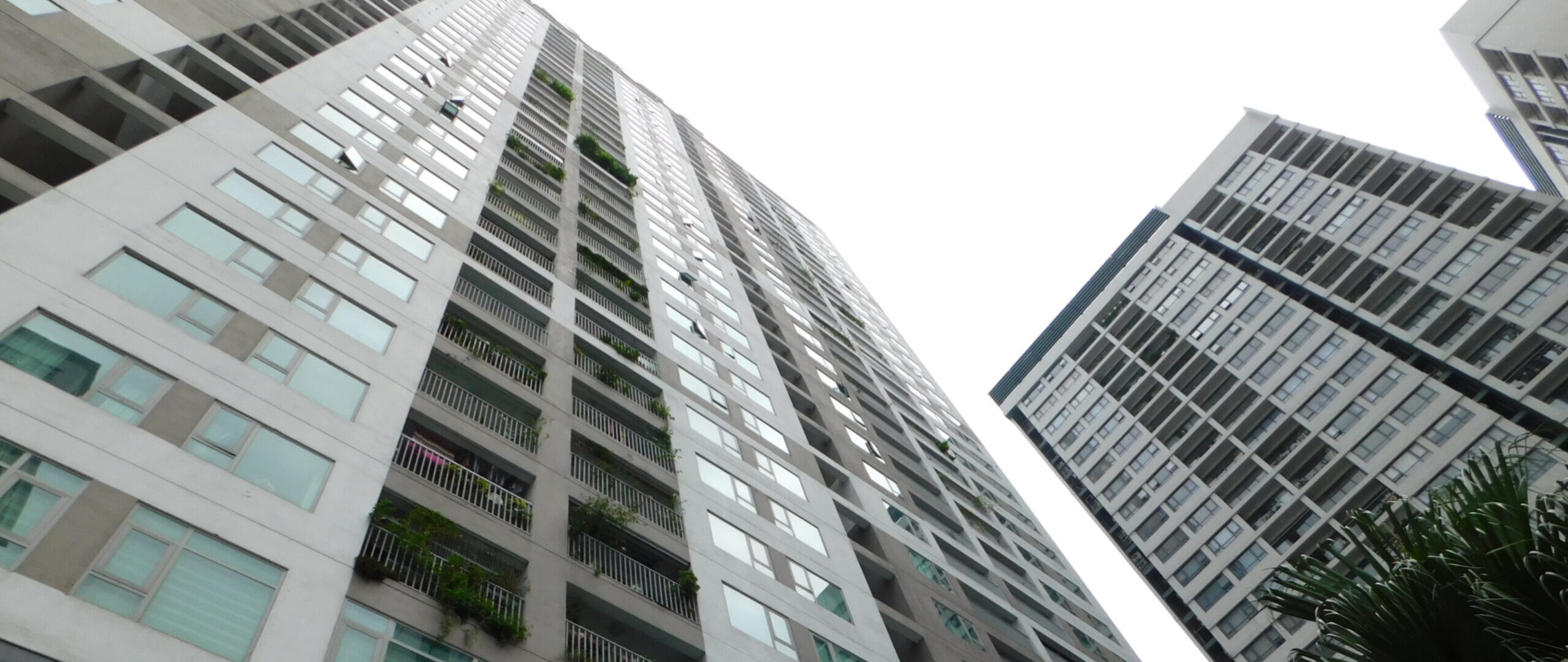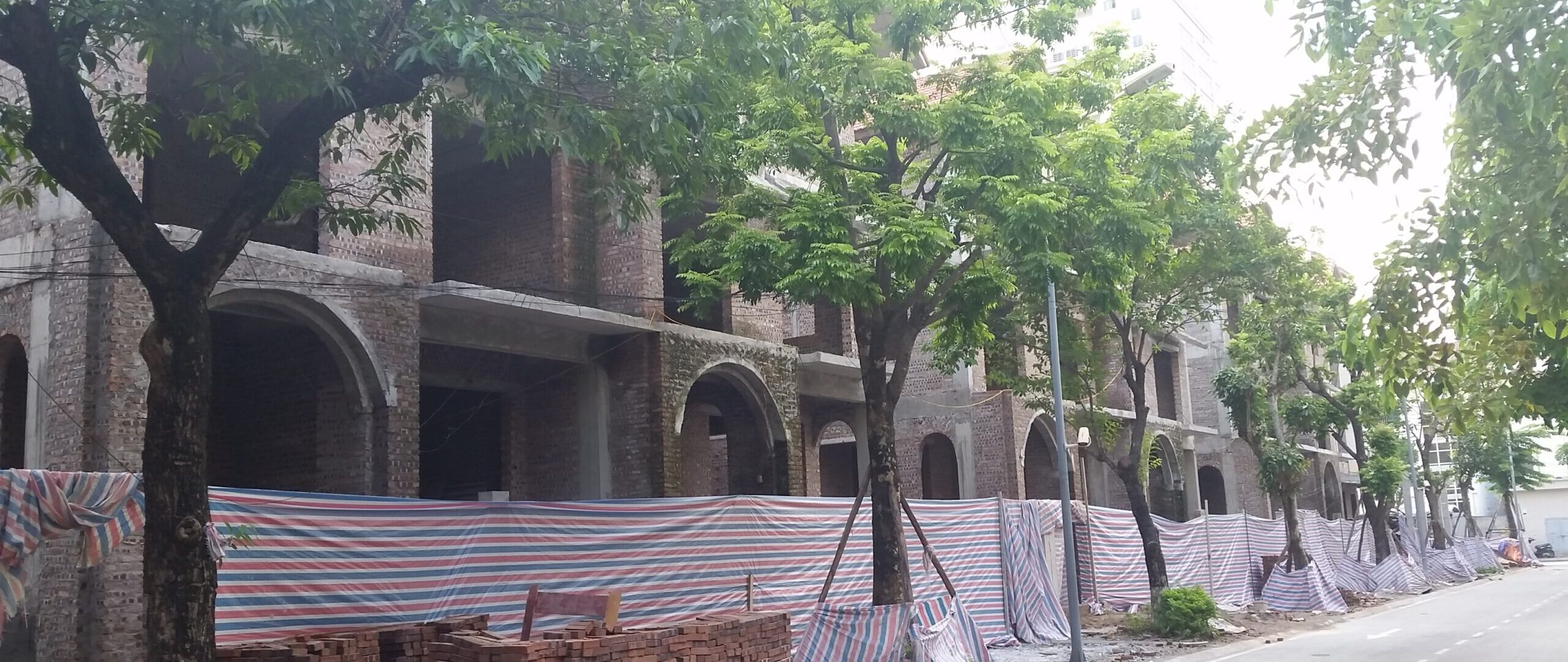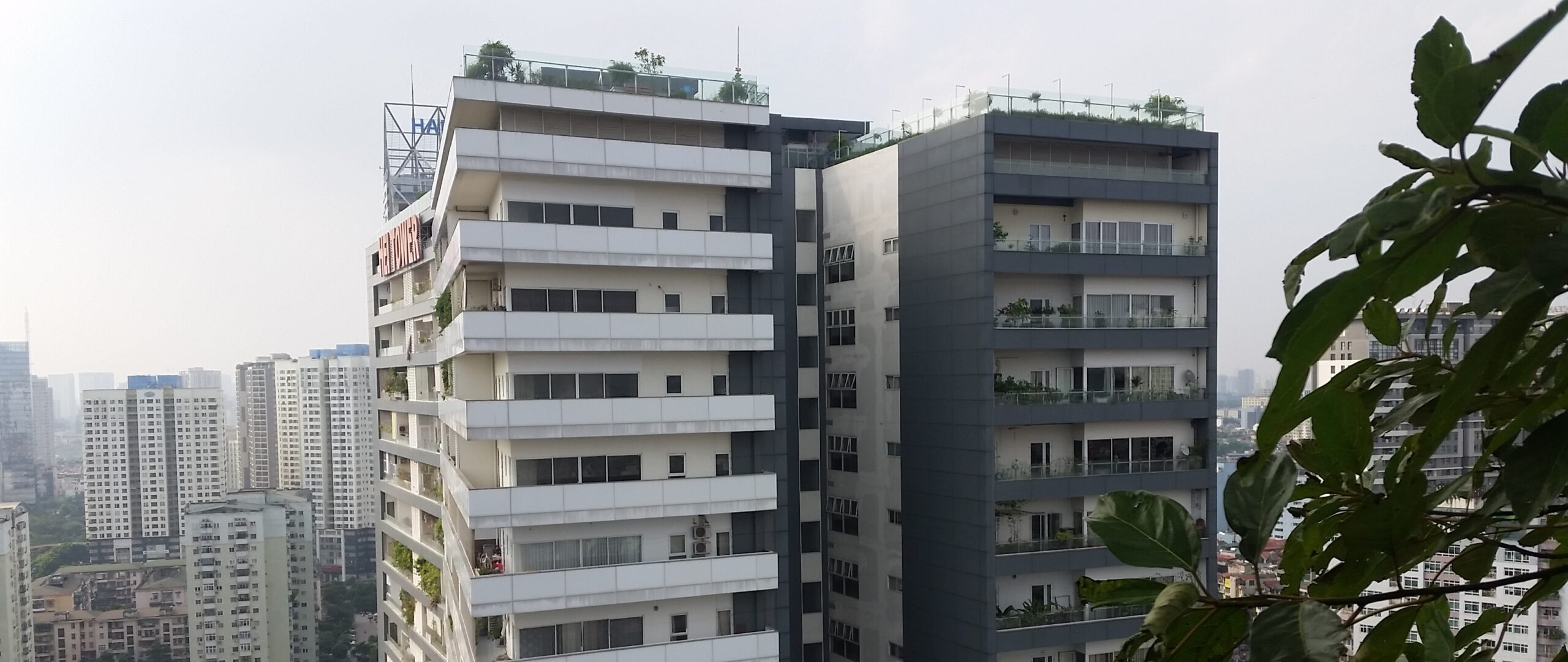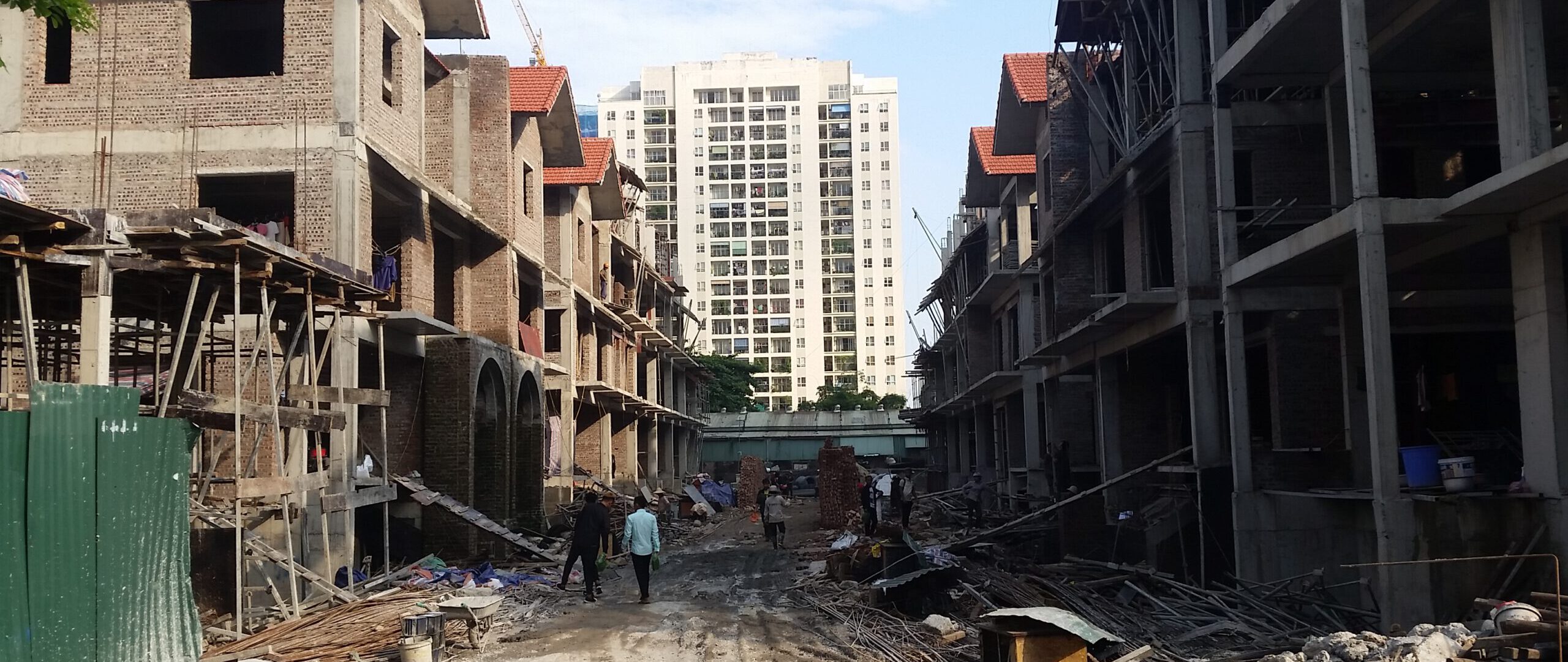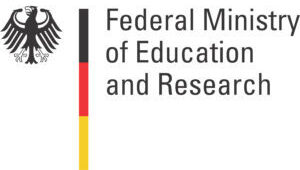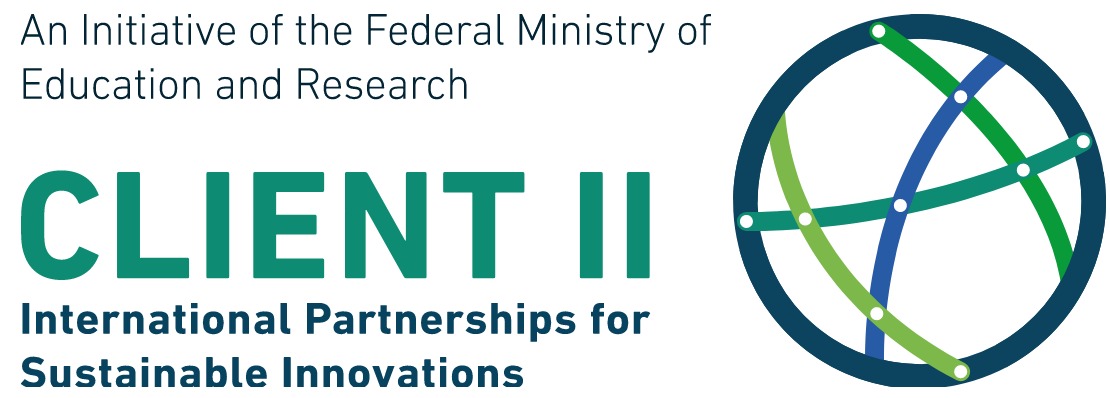Project Consortium

University of Stuttgart
The research group at the University of Stuttgart brings together the work of the project consortium in the overall project management and represents the integration of the Results sure about the boundaries of disciplines beyond. As the overall project manager, Dr. Ing. Dirk Schwede is involved in the basic work packages in WP1 and WP2 and in the products from WP3 to WP5. The topical focus in the technical and engineering aspects of building use and lifecycle aspects of materials and buildings, and in the evaluation of these aspects where to be developed governance – frame. In WP1.4 the effect of the climate on the energy-efficient and resource-saving construction (building design, choice of materials, building systems) in the decisive climatic zones in Vietnam is analyzed .In WP1.5 , detailed building audits and measurements of basic room climate data in 50 apartments each in Hanoi and HCMC are carried out and evaluated . For the Investigation with larger detail are in WP3.2 possibilities for studying de r indoor air quality (indoor climate, Indoor Air Quality) and the building physical states of the installed building materials and systems in a mobile measuring device created and tested in every 10 homes in Hanoi and HCMC. The results are used with both the rich user survey (WP1.3) correlated as well as the development of local laboratory infrastructure. In WP2.2, WP 2.4 and WP4.2, the research group at the University of Stuttgart deals with the evaluation and labeling of building materials for energy-efficient , resource-efficient and sustainable building. The University of Stuttgart, together with the local university partners, will develop a locally adapted curriculum for university teaching in the field of building physics and energy-efficient and sustainable construction , and as the editor will create a textbook with contributions by relevant experts.

University of Hamburg
The University of Hamburg provides the project with basic data on social, economic and political aspects in Viet Nam’s construction sector and Vietnam’s energy policy (WP 1.1 and WP 1.2). New scientific insights into the housing context / user behavior in the rapidly growing building typology of residential high-rise buildings and, in general, concerns of sustainability in the need field of living are gained through a large-scale household survey (WP 1.3). In WP 4.1, proposals for innovative policy approaches as well as locally adapted regulatory structures (guidelines, standards, etc.) in the field of energy-efficient and sustainable construction will be developed in close cooperation with the National Ministry of Construction. This is not least the closing of ubiquitous implementation gaps. In WP 4.3.A Competence Center for Sustainable Construction in Vietnam is to be developed step by step and set up at Vietnam’s leading research facility in the area, the National University of Civil Engineering (NUCE) in Hanoi (WP 4.3). The Center of Excellence as a cross-sectoral institution aims to bring together specific expertise from the relevant faculties of NUCE and other research organizations in this field. It will also serve as a local project coordination office during the project and will disseminate the scientific findings and products of our CAMaRSEC project. The activities in WP1-4 are the basis for the development of various dissemination products, which broadly expose the scientific findings in close cooperation with effective local actors. For example, our Sustainability Goals are communicated to a broad public via a handbook for green living, energy efficiency, durability and health (WP 5.5). The organization of the stakeholder workshops and the overall project conferences serve the dissemination and the impact management (WP 5.4, K ). The Scientific Advisory Board (W), set up on the Vietnamese side with representatives of the administration and the economy and on the German side with widely recognized experts, should strengthen the application-oriented nature of the project and link the project activities with the relevant actors in Germany and Vietnam.

Fraunhofer Institute for Building Physics
The construction of a building physics research structure is intended to create the basis for the development and construction of residential buildings with defined and consistently high quality. Prior to the setup, the requirements for a characteristic-oriented material selection are to be worked out and new materials and building technologies for the Vietnamese climatic zones to be selected according to building physics criteria in a study. With the support of its industrial partner TAURUS Instruments, the Fraunhofer IBP will take stock of the existing measuring equipment in the laboratories of the Vietnamese project partners and plan the expansion of the test facilities and partly implement or support the installation of new equipment. On the one hand, building physics basic parameters and, on the other, specific hygrothermal characteristics can be determined, which are very important for material development in Vietnam with its high climatic requirements. At the same time, the Vietnamese partners are to be supported in their task of “non – fired bricks”, ie inexpensive bricks that do not rely on the decreasing resource of clay-like bricks and must be fired at high temperatures, such as lightweight concrete blocks for housing construction, The joint construction of an outdoor weathering test facility for testing the performance and durability under real boundary conditions together with the Vietnamese partners should also be used for this research objective and then be available for further material and component measurements. The establishment of building physics measuring equipment in the laboratory and in the field shall be accompanied by theoretical and practical building physics training both in the Fraunhofer laboratories and in the Vietnamese laboratories. In order to validate the new measuring equipment in Vietnam, comparative tests will be carried out on reference materials as well as on the developed bricks according to European or American standards. In addition, with the participation of the Fraunhofer IBP, a research infrastructure for further test and research tasks in Vietnam will be planned together with the partners in the form of a feasibility study, templates for university teaching will be developed and the hygrothermal simulation of components and buildings will be taught.

NETZSCH TAURUS Instruments AG
NETZSCH TAURUS Instruments AG, as one of the leading manufacturers of laboratory measurement technology, will plan and partially implement together with the Fraunhofer Institute for Building Physics and the Vietnam Institute for Materials Building Physics Test Facilities. In the future, Vietnam will be able to use basic laboratory facilities to determine basic parameters and to promote the development of new building materials.

BauBildung Sachsen eV
BFW Bau Sachsen eV is transferring the research results together with the Vietnamese practice partner College of Urban Works Construction (CUWC) into a training curriculum for the training of contractors. Training materials and linked concepts for theoretical and practical training sessions are developed. Furthermore, practical training routes are built to z. B. to train the new way of working with lightweight concrete blocks or the plastering of various new building surfaces. Train-the-trainer trainings are conducted to qualify multipliers for the new training content.
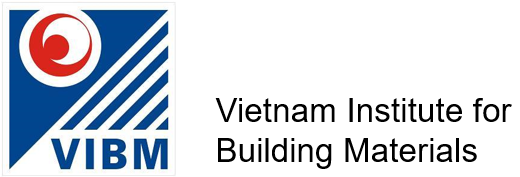
Vietnamese Institute for Building Materials (VIBM)
VIBM joints the project with research of investigation of building material properties, systems and laboratory conditions (WP 3.1 and WP 3.3). In particular, the characteristic value determination of building materials in accordance with Vietnamese energy efficiency code and the need for test equipments, as well as test methods to implement Vietnamese energy standards are defined. With the supports from project partners in Germany, the existing laboratory at VIBM is upgraded and expanded to form a comprehensive laboratoty for evaluation of hygrothermal properties of building materials and construction products in accordance with energy efficiency standards in Vietnam. Both tranditional material (hollow clay bircks) and new materials (AAC bricks and foam concrete bricks) are selected for research. These materials are to be send to Germany as well as keeping in Vietnam for testing in laboratories. Afterwards, a comparision studies between Vietnam – German laboratories will be carried out on selected materials to validate the capacity of established laboratory in Vietnam. On the other hand, the free field weathering test will be set up at the VIBM Free Field Testing Center to evaluate the hygrothermal resistance and durability of wall systems (including tranditional and new material systems) in actual climate of Vietnam. In this way, the performance of new wall systems can be compared directly with conventional wall structures. The obtained experimental results on the durability of both wall systems and their off effect on the interior climate are intened to use for the research and developmemt of new materials that are suitable with real conditions in Vietnam. In addition, the outdoor test results will also be used for development of hygrothermal simulation of components and buildings in Vietnam. In WP 3.5, feasibility study for research infrastructure for building physics and material research in Vietnam is to be carried out. The research group at VIBM will also take care the activities in WP 4.1 and 4.2 that deal with the concept and design of a holistic regulatory framework in the field of energy, resource-efficient and sustainable construction. As results, understandable labeling and rating system of building materials for energy and resource efficient construction in Vietnam will be developed. Furthermore, VIBM will works together with participating organizations to impart knowledge relevent to building physic for laboratory staffs as well as researchers and university lecturers to characterize and to use the physical and hygrothermal properties of building materials.

National University of Civil Engineering (NUCE), Hanoi

Ton Duc Thang University (TDTU), HCMC


